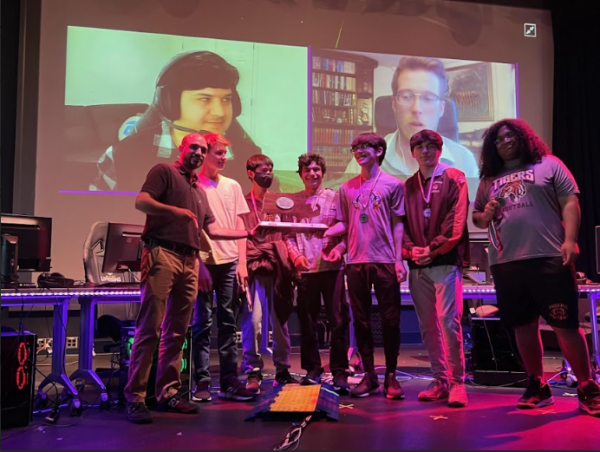The JOL: Unfair but Necessary?
May 17, 2018
 Congratulations to the newly licensed teen drivers; your newly acquired license has just given you inclusivity into the most dangerous group of drivers on the road. According to the CDC, “In 2015, 2,333 teens in the United States ages 16–19 were killed and 235,845 were treated in emergency departments for injuries suffered in motor vehicle crashes. That means that six teens, ages 16–19, die every day from motor vehicle injuries”. In 2013 teenagers 15-19 only made up 7% of the population, but they accounted for over 10 billion dollars in motor vehicle injuries. Because of statistics like these, Massachusetts decided to pass laws that restrict the freedoms of newly licensed teen drivers in the hopes of keeping the roads safer for everyone.
Congratulations to the newly licensed teen drivers; your newly acquired license has just given you inclusivity into the most dangerous group of drivers on the road. According to the CDC, “In 2015, 2,333 teens in the United States ages 16–19 were killed and 235,845 were treated in emergency departments for injuries suffered in motor vehicle crashes. That means that six teens, ages 16–19, die every day from motor vehicle injuries”. In 2013 teenagers 15-19 only made up 7% of the population, but they accounted for over 10 billion dollars in motor vehicle injuries. Because of statistics like these, Massachusetts decided to pass laws that restrict the freedoms of newly licensed teen drivers in the hopes of keeping the roads safer for everyone.
According to a 2013 article in the Boston Globe, “The number of accidents involving newly licensed teenagers has dropped by half since Massachusetts raised the training requirements for young drivers and boosted penalties for teens who speed or commit other infractions” (Wallack). These new laws and restrictions were passed in a law called the Junior Operator License (JOL). Some of the most notable restrictions for operators using a JOL are the passenger restriction; this restriction doesn’t allow a driver that recently obtained their JOL to drive with any passengers under 18 (unless they are immediate family). The night restriction limits teen drivers to not drive between the hours of 12:30 am and 5:00 am. Drivers on the JOL aren’t allowed to use their phones while operating the vehicle, and there is a zero tolerance policy for speeding violations.
To some, these regulations have been insufferable. If a teen driver gets a ticket for speeding they will lose their license for a minimum of 90 days, have to pay the ticket they were given, take multiple classes, and pay a 500 dollar reinstatement fee. This may seem fair to other people, but when you think about it from a teens perspective, this could derail a couple of years of their life when some of their biggest decisions have to be made, like what they are going to do after they graduate high school. According to the National Motorists Association somewhere between 25-50 million traffic tickets are issued each year. With each ticket worth about 150 dollars, this creates a money making scheme that nets between 3.75 and 7.5 billion dollars yearly. In addition to the cost of the tickets and classes, teen drivers are affected because of the license suspensions. These suspensions can severely affect the ability of teens to get and keep a job. These are just some of the reasons why some people argue that the JOL restrictions are unfair and punitive.
On the other hand, some people find these JOL rules necessary to keep the roads safe for everyone. One of these people is the high school resource officer, Joe Perna. Officer Perna began his law enforcement career as a part time police officer in 2003 and became a full time police officer in 2006. Officer Perna believes that the JOL is “fair because it protects young people and everyone on the road”. He said he would even add some more laws if he could. “Driving is a huge responsibility and teens have to ease into it”. Teens are also more distracted easily than older drivers. According to a public health article on npr.org, a professor at the University of Michigan stated that “the effort required to maintain control is substantially higher”(in teenagers). Cell phones, noisy friends, and the developing teenage brain create a deadly combination that could result in an accident, ticket, or much worse.
No matter what stance you take on the JOL, it is undeniable that the number of teen driving accidents has decreased since the laws were passed. The JOL has been saving lives and no matter how unfair the restrictions may seem, it is ultimately for the greater good.



